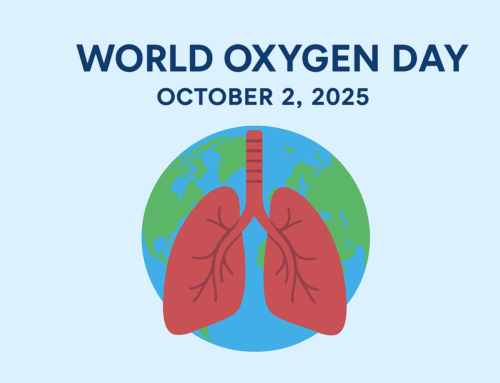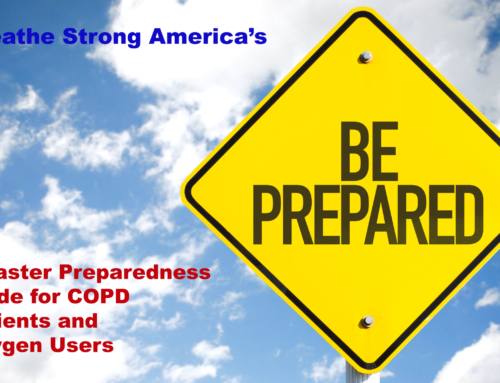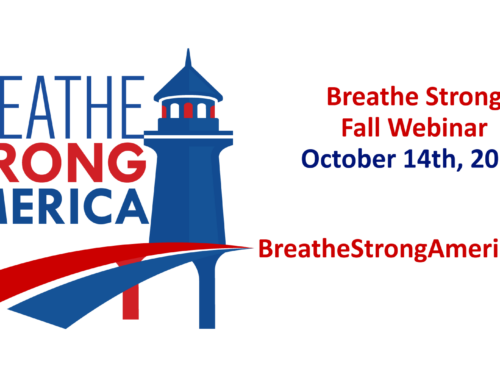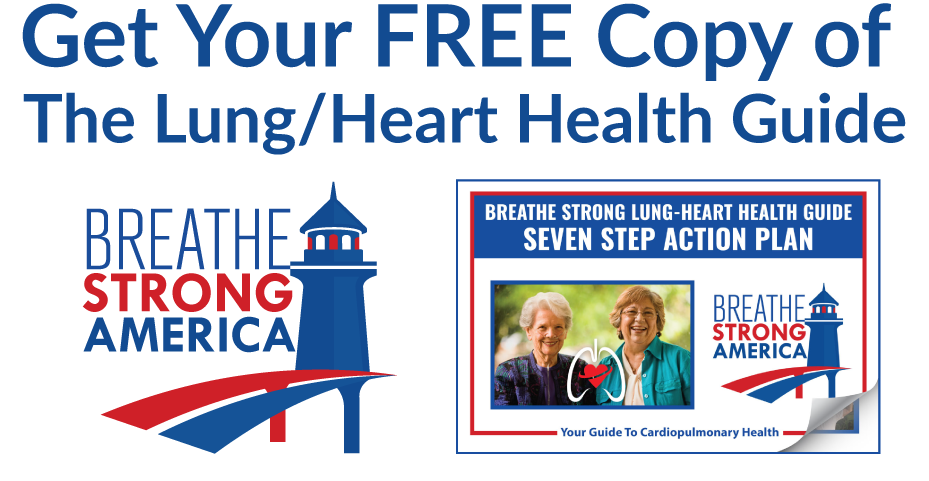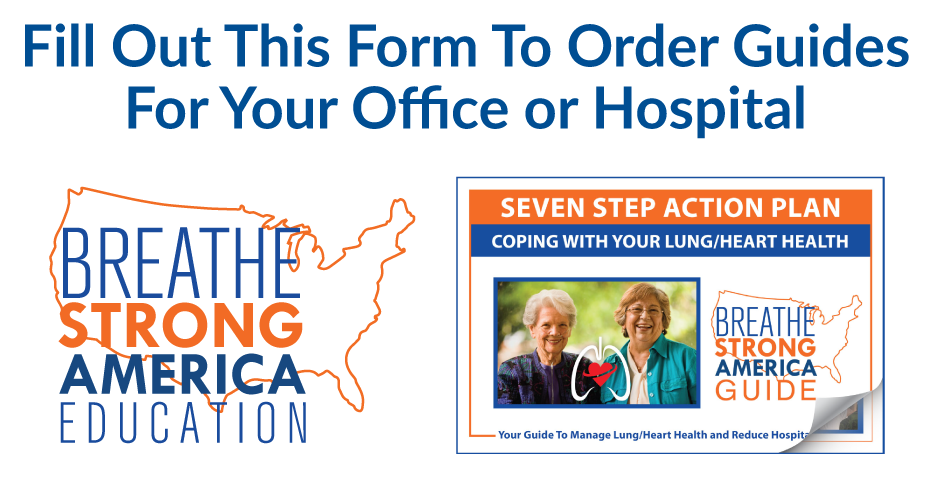Find out what you can do to lower your risk from air pollution, including checking pollution alerts, and what steps you can take yourself to lower air pollution levels.
Post shared from Asthma + Lung UK.
Higher levels or air pollution are generally found in towns and cities, where there’s more road traffic. If you walk or drive on main roads to get to work or school, you’ll be exposed to pollution on a daily basis.
A lot of pollution is also produced around building sites, factories, power stations, airports and docks.
But in the countryside, farming can also create air pollution, and ozone levels are higher in the countryside too. In areas where people use wood burning stoves, or coal fires in their homes, this adds to pollution in the air.
Fine particulate matter (PM) can travel long distances. Saharan dust can be carried over to the UK on high winds, causing poor air quality here, and resulting in health alerts for people with asthma and other lung conditions.
The weather affects pollution levels
Pollution levels can be higher when the air is still.
In summer, air pollution levels are often high on hot, sunny days.
If you’re affected by weather and pollution, try using an app or website which gives you daily forecasts of both
Top tips for high pollution days
- Limit outdoor activities and exercise so you avoid breathing in too much polluted air.
- Go out earlier in the day when air quality tends to be better.
- Stay on quieter, back streets if possible, avoiding areas where there’s a lot of traffic.
- Walk on the inside of the pavement because pollution levels are lower the further you are from the traffic.
- Keep your car windows closed if you’re driving, especially if you’re driving in slow-moving traffic.
- Be prepared by checking pollution levels in your area. Defra produces a UK-wide pollution forecast every day, and for the next five days, so you can check to see if your local area is likely to be affected.
Carry your reliever inhaler with you
If you have a reliever (or rescue) inhaler, make sure you always have it with you, so you can use it quickly if your symptoms get worse.
If you’re using your reliever inhaler more than usual, follow your action plan, and talk to your GP or asthma nurse.
What you can do to lower air pollution
We can all try and help the quality of the air we breathe by:
- using public transport instead of driving when we can
- walking or cycling if possible, particularly for short trips. This will cut down air pollution and keep us active too. Asthma + Lung UK is campaigning for people with lung conditions who find it difficult to walk or cycle to have access to cleaner cars and good public transport
- not idling while stationary if we’re driving. This means not leaving the engine going when you’re pulled in somewhere
- buying cars with lower emissions
- getting cars serviced regularly, including checking the tyres
- avoiding using wood burning stoves or other fossil fuels for heating.


